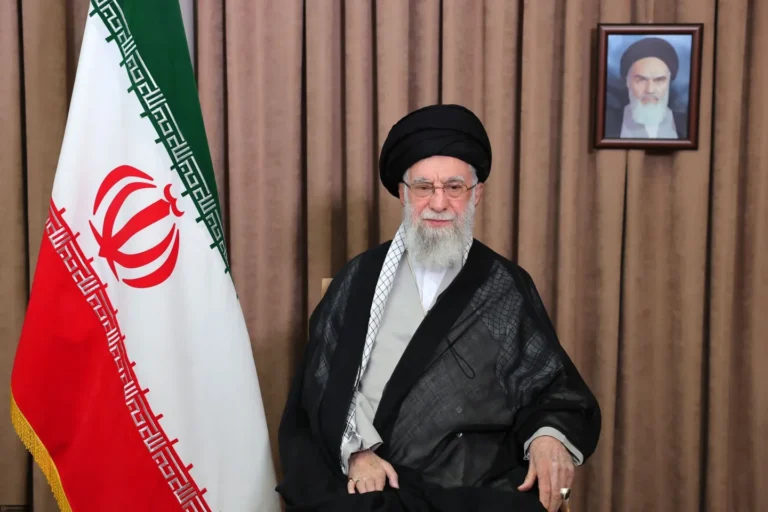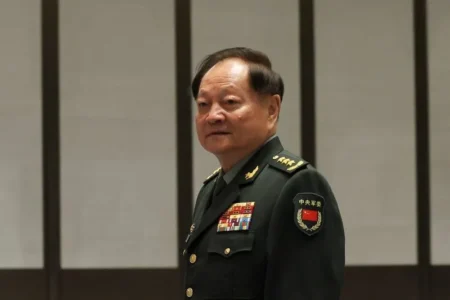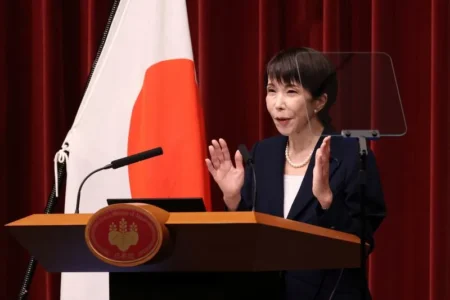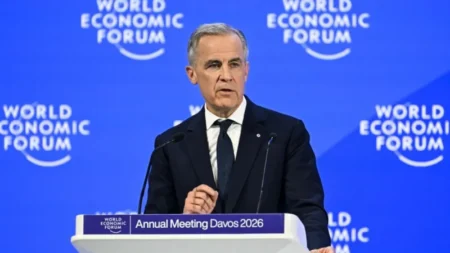Iran has officially demanded financial compensation from the United States. This demand follows U.S.-supported airstrikes that caused major damage to Iran’s nuclear facilities. The tensions began when Israel launched surprise airstrikes on Iranian territory. Iran quickly responded within 24 hours, triggering a series of back-and-forth attacks.
Although a temporary ceasefire is now in place, the damage left behind is still being assessed. Both sides are calculating their losses. Israel was quick to report its own damages, but Iran is also preparing a full report on the destruction of several key sites.
Tehran is moving forward with plans to file a complaint against the United States at the United Nations. According to a report by Lebanese news outlet Al Mayadeen, Iranian Deputy Foreign Minister Saeed Khatibzadeh stated that Washington must take responsibility for the harm it caused.
He specifically pointed to airstrikes on Iran’s nuclear facilities, which he claimed led to serious destruction. Iran considers these attacks not only a breach of international law but also a direct threat to its national sovereignty.
Khatibzadeh mentioned that the ceasefire has been in effect since June 24. According to him, it was the United States that first signaled a desire to stop the conflict. However, Iran only agreed to consider a ceasefire after Israel halted its attacks. He made it clear that Iran received various messages from the US through indirect channels during the conflict.
Still, Tehran’s position remained firm: no talks or ceasefire would be considered until aggression by Israel had ended.
Despite receiving multiple messages, Iran refused to enter any binding agreement with Israel. Khatibzadeh emphasized that Iran did not sign any formal deal that would include terms or conditions. Instead, he described the ceasefire as a result of resistance. He said that Iran’s strong defense forced Israel to stop its unilateral aggression.
Iran is now focusing on securing compensation for the attacks. According to Iranian officials, the US-backed strikes targeted key infrastructure, including nuclear development sites. Tehran views these actions as not only damaging but also deeply provocative.
Iran’s leaders say the country has the right to defend its facilities, especially those related to energy and technology. The strikes disrupted operations and caused millions of dollars in damage, Iranian media reported.
Khatibzadeh further stated that although Iran is capable of continuing military operations, it currently has no plans to strike. However, the country will remain on alert and respond if provoked.
He also warned that any future attacks would face serious consequences. Iran is urging the international community to condemn the strikes and recognize its right to seek justice. It wants the United Nations to hold Washington accountable.
Iran has faced years of tension over its nuclear program. Although it says the program is for peaceful purposes, Western powers, including the United States, have raised concerns. Recent talks between Iran and global powers have stalled, making the situation more fragile.
Analysts believe this latest episode could further impact diplomatic efforts in the region. Iran’s call for compensation adds pressure on the U.S. government. At the same time, it sends a strong message about Iran’s refusal to accept attacks without a response.
Some observers think Iran’s decision to take the issue to the UN is a strategic move. It aims to gain international support while avoiding further conflict. Iran hopes the legal route will force Washington to acknowledge the damage and engage in accountability talks.
The future of Iran-US relations now depends heavily on how both countries handle this post-conflict phase. While direct talks may not happen soon, diplomatic pressure is rising on both sides.
Iran continues to stand by its claim that it was forced into defense mode. Officials say that they only responded after being attacked. They insist that their counterattacks were legal and proportionate.
For now, the ceasefire holds. But the road to lasting peace seems uncertain. Iran’s demand for compensation is likely to become a major point of debate in the international community.
As both nations assess the damage and their next moves, the world is watching. Tehran’s push for accountability could either open doors for dialogue or deepen the divide.







